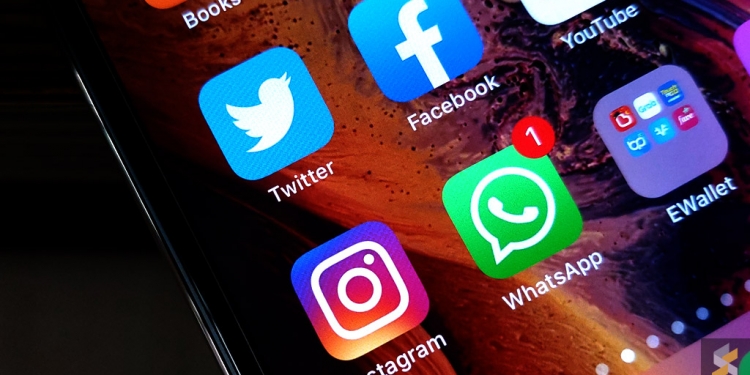[ UPDATE 19/07/2022 20:00 ] Facebook, Instagram and Netflix are registered on Indonesia’s Electronic Systems Provider list ahead of 20th July deadline.
===
According to a report by Reuters, Indonesia has reminded tech companies to register under their new licensing rules or risk getting blocked in the country. At the moment, it appears that several tech companies including Meta, Google and Twitter have yet to register with the Indonesian authorities.
The regulation was first released in November 2020 and it will allow Indonesian authorities to order tech platforms to take down content deemed unlawful or that “disturbs public order” within 4 hours if it is urgent. Other takedown requests must be done within 24 hours. In addition, the government can compel companies to reveal communications and personal data of specific users if requested by government agencies or law enforcement.
The government said the new rules were formulated to ensure internet service providers protect consumer data and that online content will be used in a “positive and productive” way. Tech firms must comply by 20th July or they will get blocked in the country which has a population of 273 million.
It was reported that over 5,900 local and 108 foreign companies have registered with the new licensing rule and this includes TikTok and Spotify. Reuters reported that Google, Twitter and Meta Platforms have not yet registered. Meta owns not just Facebook but also Instagram and WhatsApp.
Reuters report also stated that some analysts doubt if the Indonesian authorities would actually block these non-complaint tech companies immediately as they are still widely used in the country including government officials. Indonesia has an estimated 191 million social media users according to Statista and it is the third largest in the Asia Pacific region after China and India.
Reuters added that some activists say that the regulation may pose a threat to privacy and freedom of expression. Quoting Nendem Arum from Southeast Asia Freedom of Expression Network (SAFEnet), their analysis shows that this would be the most repressive regulation of its kind in the region.
Updated regulation and framework needed to keep big tech in check in Malaysia
Meanwhile, in Malaysia, there’s a lack of regulation over big tech such as Facebook and there has been a notable rise of scam ads on the platform targetting Malaysians. Besides approving ads that imitate mainstream news websites, the platform even approved misleading ads promoting a diabetic supplement that gave the impression it was endorsed by the Health Ministry. Even after the Ministry of Health issued a statement over the misleading ads, it took days for Facebook to disable the ad.
Communications and Multimedia Minister Tan Sri Annuar Musa said although Section 233 of the Communications and Multimedia Act 1998 can be used against offenders, it is not effective in checking contents uploaded on overseas platforms. He said if someone uploads an offending content on Facebook and Twitter, the Malaysian Communications and Multimedia Commission (MCMC) has no power to take it down. He added that his ministry is looking into the possibility of strengthening certain provisions in the existing Act.
Australia had sued Meta in March this year for engaging in false, misleading or deceptive conduct by publishing scam advertisements featuring prominent Australian public figure. It also alleged that Meta was aware of such scam ads but failed to take sufficient steps to address the issue. As a result, these ads caused untold losses to consumers and also damage the reputation of the public figures falsely associated with the ads.
Back in 2017, Malaysia had banned software platform Steam for not complying with the MCMC’s request to remove a game that was deemed offensive. Eventually, the ban was lifted after Steam disabled the game for Malaysian users.
[ SOURCE ]








